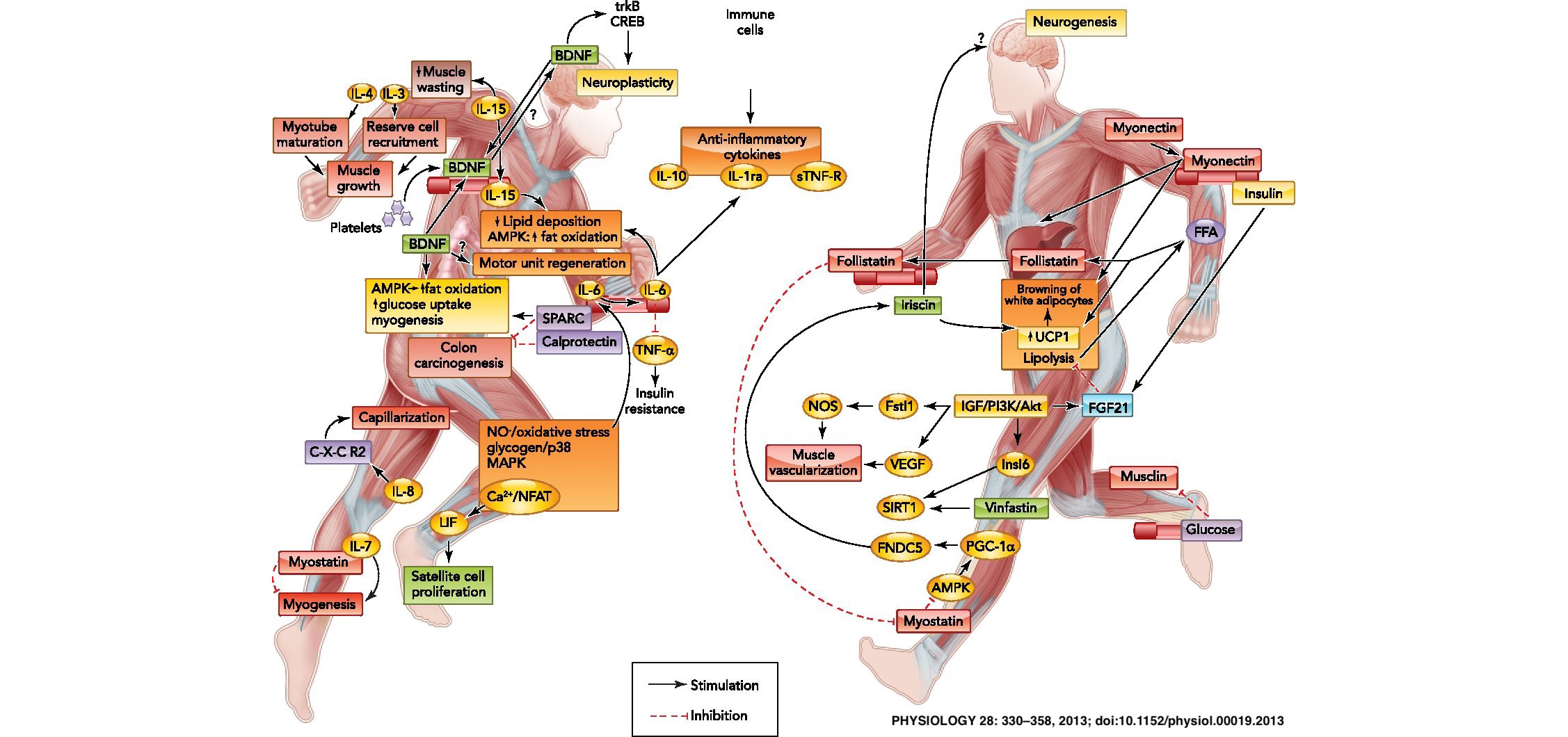Roehampton’s Dr Mackenzie discusses research into substances that could replicate exercise in new book, The Miracle Pill
- Wednesday, March 3, 2021
Dr Richard Mackenzie, Reader in Insulin Resistance & Metabolism in our Department of Life Sciences, has been interviewed as part of a recently published book, The Miracle Pill: Why A Sedentary World Is Getting It All Wrong.

The wide-reaching beneficial effects of exercise.
The Miracle Pill: Why A Sedentary World Is Getting It All Wrong is written by Peter Walker, a correspondent for the Guardian. Most of us know that exercise is good for us. Going to the gym (pre Covid-19) or jumping on a bike is most noticeably used to help us lose weight and build muscle mass. However, the benefits of exercise, or simply moving around the garden, are far more wide reaching; from a reduced diabetes, obesity and cancer risk, to improved bone health and a reduction in the occurrence of depression and inflammation. Easy lifestyle changes to bring more movement into your daily life can have far reaching physical and mental benefits. For example, exercise is known to produce brain-derived neurotrophic factor (BDNF), a protein which improves brain function and reduced risk of dementia.
Dr Mackenzie’s research investigates another important protein that is upregulated with exercise and is key to how our bodies use sugars safely and burn fat effectively. This protein is known as AMPK. This protein is so important for our metabolism that it is used to treat conditions such as type 2 diabetes. A number of factors can increase the activity of AMPK: certain drugs, calorie restrictions, gastric bypass surgery, and of course exercise. Once activated, AMPK causes a rapid cascade of events that promotes health related regulatory factors.
Now what if a pill could replicate the health benefits of AMPK? A laboratory in the USA is working on just that and bringing such a drug to market. This drug, named GW1516, was originally developed by GlaxoSmithKline in the 1990s and has since been tested to treat obesity and obesity related conditions, such as type 2 diabetes and cardiovascular disease. The way the drug works is complex, but both GW1516 and AMPK activate another key regulatory protein, PPARδ, which acts as a master switch boosting the body’s ability to increase energy expenditure and the burning of fat. Dr Mackenzie is investigating a similar substance here in the UK that mimics the effects of exercise and improves insulin sensitivity. The field of research investigating substances that can replicate exercise is growing fast.
Within the book, Dr Mackenzie and Paul Walker discuss ongoing research into substances that could replicate the benefits of activity, as Dr Mackenzie employs a range of research approaches to understand how interventions change molecular processes that improve our health (2017 and 2020). These cellular processes have potential for clinical impact in the development of future therapies.
Find out more about The Miracle Pill here.
The University of Roehampton offers excellent programmes in health sciences and human biology, including our MSc Sport and Exercise Nutrition, MSc Clinical Nutrition, MRes Nutrition and Metabolic Disorders and MSc Sport and Exercise Science, as well as a range of specialist undergraduate courses. These are taught in our state-of-the-art laboratories and specialist research and teaching spaces.